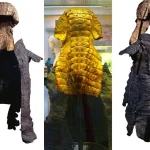On October 25, 1967, in Arcadia, Florida, James Joseph Richardson
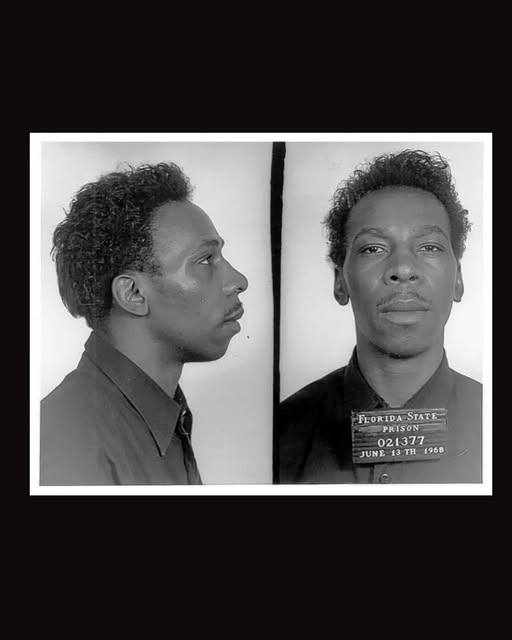
On October 25, 1967, in Arcadia, Florida, James Joseph Richardson, a 31-year-old Black migrant worker, and his wife, Annie Mae, returned home from their jobs at a citrus packing plant to find their seven children—Betty, 8; Alice, 7; Susie, 6; Doreen, 5; Vanessa, 4; Diane, 3; and James Jr., 2—dead from parathion poisoning. The children, left in the care of neighbor Bessie Reece, had eaten a lunch of grits, beans, rice, and hog jowls laced with the pesticide, later traced to a local hardware store. Autopsies confirmed the children died from organ failure after ingesting or absorbing the odorless toxin. Reece, a convicted poisoner from 1951, called James at noon, reporting the children’s distress, but all were dead by the time help arrived.

Sheriff Frank Cline targeted Richardson, arresting him hours later. After a 72-hour interrogation involving beatings and deprivation, Richardson, illiterate and without counsel, was coerced into a false confession tied to a nonexistent insurance policy.  At his 1967 trial in Fort Myers, prosecutor Melvin Horne used perjured testimony from jailhouse informants and suppressed Reece’s criminal history. An all-white jury convicted Richardson of first-degree murder, sentencing him to death. A 1972 Supreme Court ruling commuted his sentence to life.
At his 1967 trial in Fort Myers, prosecutor Melvin Horne used perjured testimony from jailhouse informants and suppressed Reece’s criminal history. An all-white jury convicted Richardson of first-degree murder, sentencing him to death. A 1972 Supreme Court ruling commuted his sentence to life.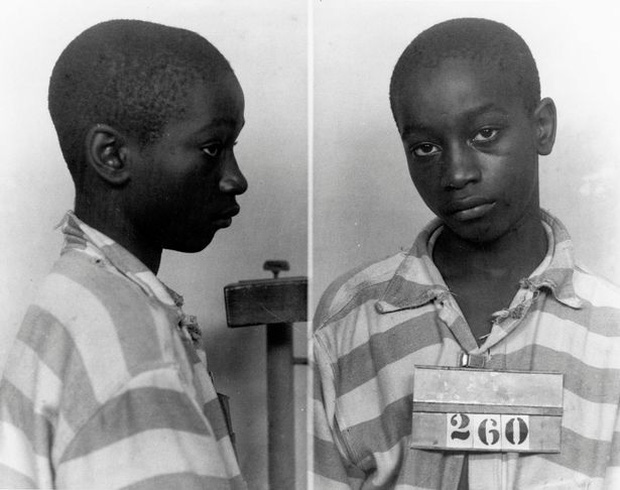
 At his 1967 trial in Fort Myers, prosecutor Melvin Horne used perjured testimony from jailhouse informants and suppressed Reece’s criminal history. An all-white jury convicted Richardson of first-degree murder, sentencing him to death. A 1972 Supreme Court ruling commuted his sentence to life.
At his 1967 trial in Fort Myers, prosecutor Melvin Horne used perjured testimony from jailhouse informants and suppressed Reece’s criminal history. An all-white jury convicted Richardson of first-degree murder, sentencing him to death. A 1972 Supreme Court ruling commuted his sentence to life.
Civil rights lawyer Mark Lane’s 1970 book *Arcadia* exposed Reece’s confessions and prosecutorial misconduct. In 1988, Governor Bob Martinez appointed Janet Reno to review the case. 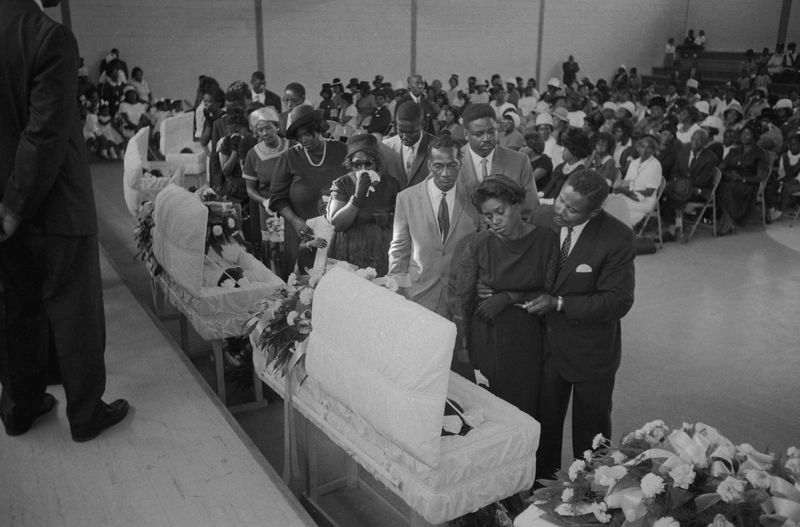 Her report detailed suppressed evidence and racial bias, leading to Richardson’s conviction being vacated on April 25, 1989. Charges were dropped on May 5. Reece, who died in 1993, was never charged due to her dementia. Richardson, exonerated after 21 years, received $1.25 million in 2014.
Her report detailed suppressed evidence and racial bias, leading to Richardson’s conviction being vacated on April 25, 1989. Charges were dropped on May 5. Reece, who died in 1993, was never charged due to her dementia. Richardson, exonerated after 21 years, received $1.25 million in 2014. 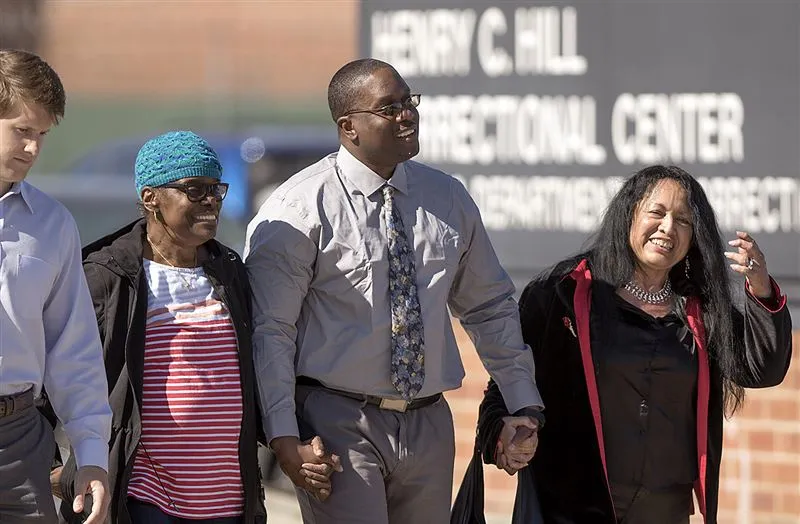 He died in 2023, leaving a legacy of resilience and advocacy for wrongful conviction reforms, with the tragedy highlighting systemic injustice in rural Florida.
He died in 2023, leaving a legacy of resilience and advocacy for wrongful conviction reforms, with the tragedy highlighting systemic injustice in rural Florida.
 Her report detailed suppressed evidence and racial bias, leading to Richardson’s conviction being vacated on April 25, 1989. Charges were dropped on May 5. Reece, who died in 1993, was never charged due to her dementia. Richardson, exonerated after 21 years, received $1.25 million in 2014.
Her report detailed suppressed evidence and racial bias, leading to Richardson’s conviction being vacated on April 25, 1989. Charges were dropped on May 5. Reece, who died in 1993, was never charged due to her dementia. Richardson, exonerated after 21 years, received $1.25 million in 2014.  He died in 2023, leaving a legacy of resilience and advocacy for wrongful conviction reforms, with the tragedy highlighting systemic injustice in rural Florida.
He died in 2023, leaving a legacy of resilience and advocacy for wrongful conviction reforms, with the tragedy highlighting systemic injustice in rural Florida.








